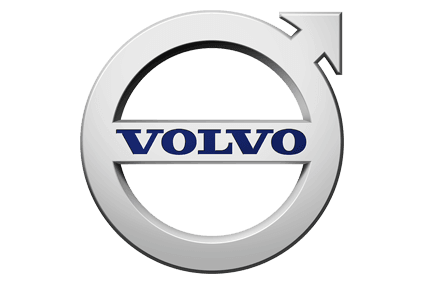
Volvo has signed long-term agreements with battery makers, CATL and LG Chem to ensure supply of lithium ion batteries during the coming decade for next generation Volvo and Polestar models.
The agreements cover the global supply of battery modules for all models on the upcoming SPA2 and the existing CMA modular vehicle platforms.

Discover B2B Marketing That Performs
Combine business intelligence and editorial excellence to reach engaged professionals across 36 leading media platforms.
In 2017 Volvo Cars made the commitment all its new passenger vehicles launched from 2019 would be electrified. The company has since stated it aims for fully-electric cars to make up 50% of its global sales volume by 2025.
“The future of Volvo Cars is electric and we are firmly committed to moving beyond the internal combustion engine,” said Volvo Cars president and CEO, Håkan Samuelsson.
“Today’s agreements with CATL and LG Chem demonstrate how we will reach our ambitious electrification targets.”
CATL of China and LG Chem of South Korea are battery manufacturers, both of which have track records supplying lithium ion batteries to the global automotive industry. In China, battery supply will benefit from the scale of the wider Geely Group.
“With today’s agreement we effectively secured our battery supply for the upcoming decade,” said Volvo Cars procurement SVP, Martina Buchauser.
“By having two suppliers available in each region we also ensure that we have flexibility in our supply chain going forward.”
Volvo Cars’ first battery assembly line is currently under construction at its manufacturing plant in Ghent, Belgium.
It will be finalised by the end of this year and the first fully electric Volvo to be built in Ghent is the XC40 small SUV. Already now, plug-in hybrid variants of the XC40 are manufactured there.
The Compact Modular Architecture (CMA) currently underpins the XC40, as well as the fully-electric Polestar 2 fastback and several models sold by Lynk & Co, Volvo’s sister brand which it co-owns with Geely.
As of this year, all three models will be built on a single production line at a Volvo-operated manufacturing plant in Luqiao, China.
The upcoming SPA2 architecture is the next generation of Volvo’s in-house developed Scalable Product Architecture (SPA) and will be launched early next decade.
SPA currently underpins all Volvo models in the 90 and 60 Series. The first Volvo to be launched on SPA2 will be the next generation of the XC90 large SUV.
Earlier this year, Volvo Cars revealed a number of upgraded and newly-developed electrified powertrain options, to be made available across its entire model range. It has upgraded its existing T8 and T6 Twin Engine plug-in hybrid powertrains, with plug-in options now available on every model it produces.






